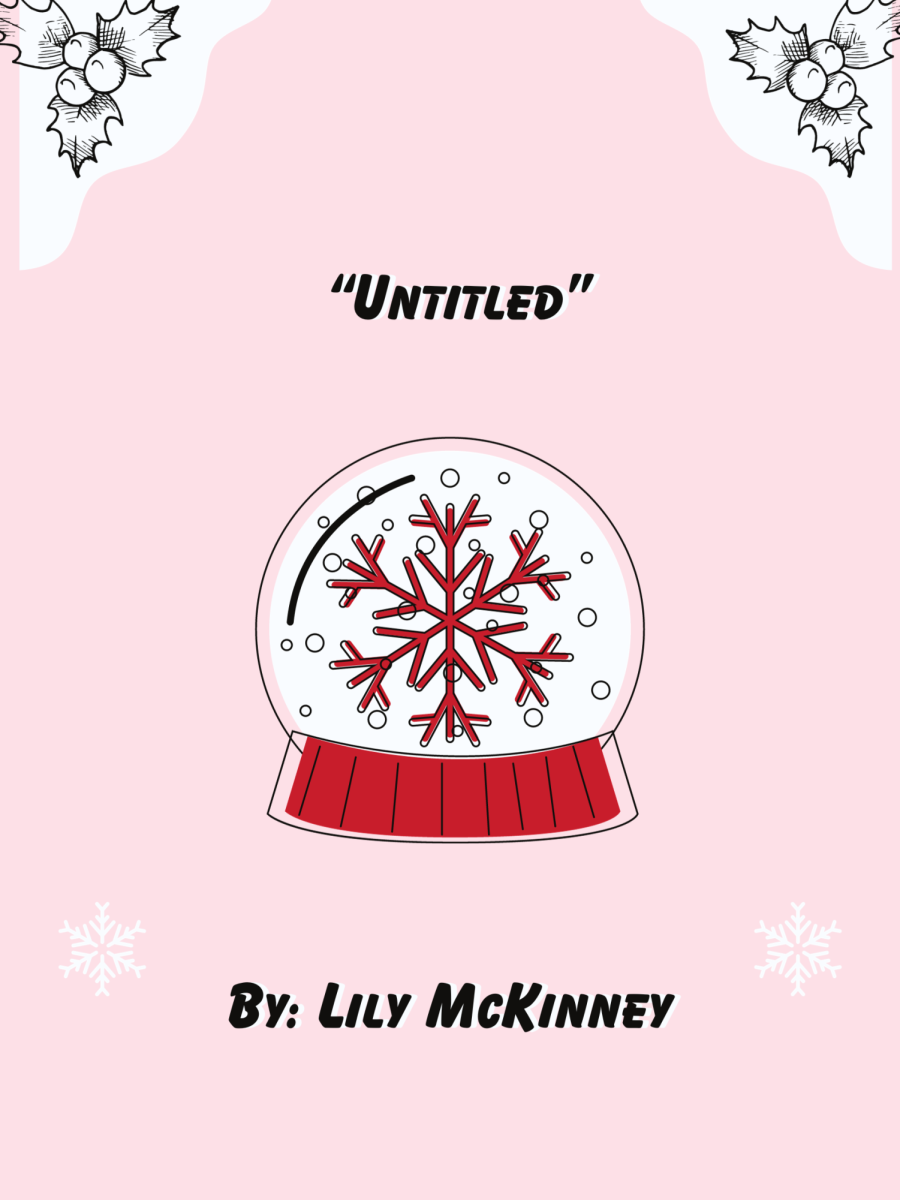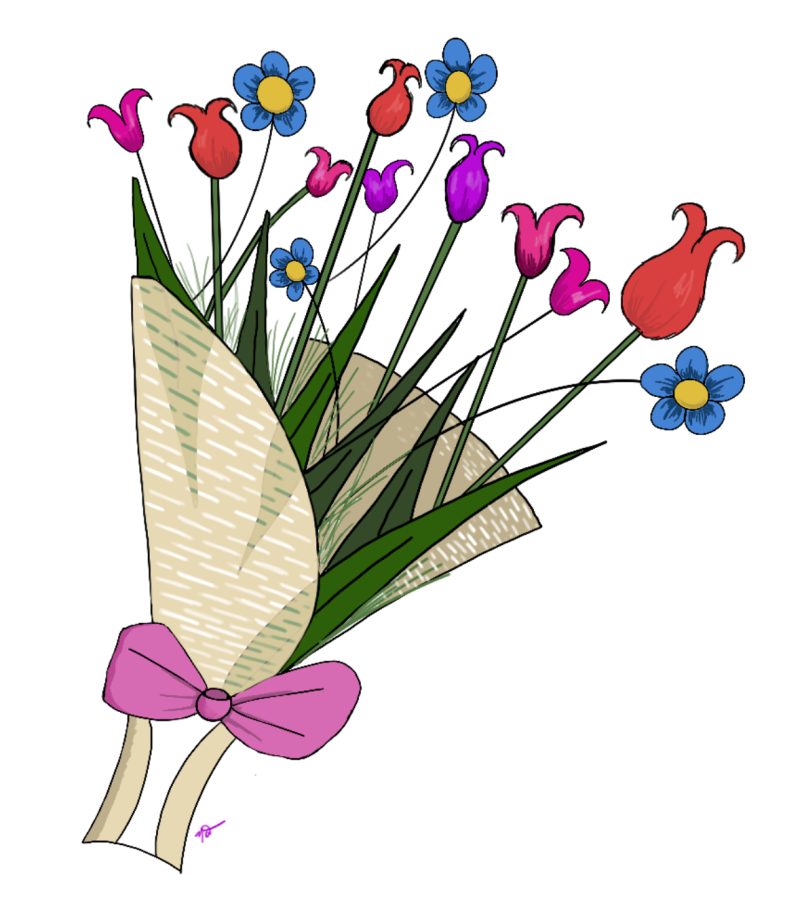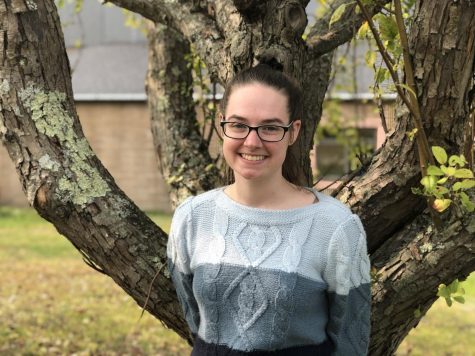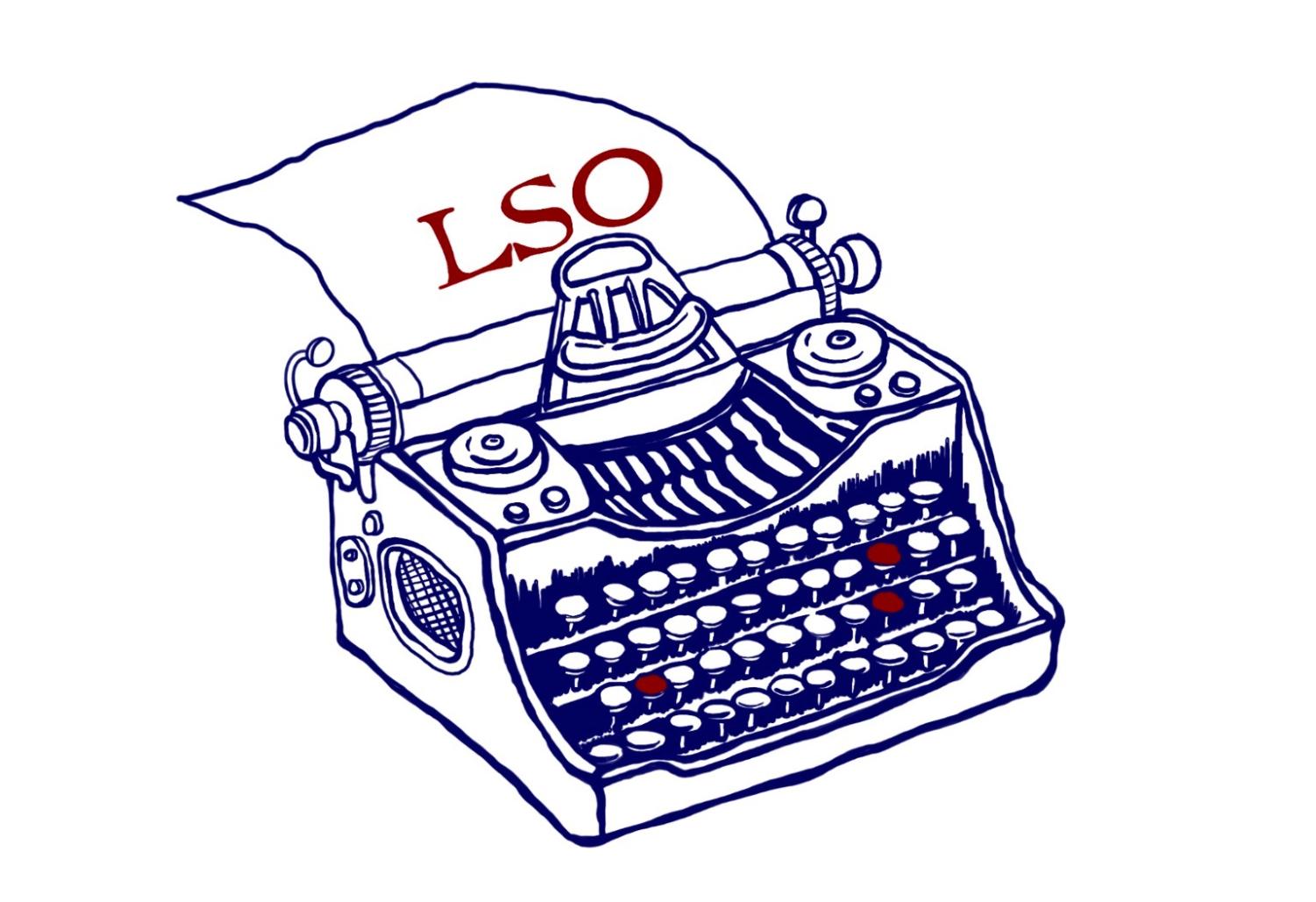A Daisy for Hannah Jane
Chapter II
Somehow, I found myself grinning. My grandmother, who just happened to be the awful Mrs. Chauldings, had come visiting again yesterday. It had already been a week since I cast her out, but she was more persistent than a wild cat watching a field mouse. And all I could do was squeak, because nothing I said came to her ears as actual dialogue.
She’d come to reprimand my not wanting to move in to her mansion, at least until the war was over. Then she’d turn her nose up at me again and jump out of my life once Raymie returned. If he ever did come back. So she’d lined up some wealthy suitors for me. Just what I needed, right?
They were all just a mismatched bunch of moneybags with dirty fingernails and rich man’s disease in their fingers from too much red meat. They only wanted me because my grandmother was considerably as rich, or richer, than they.
In fact, it was just a race for more estate, more heirs, and all that was in their way to get there was my hand. To them, being blessfully married into the Chauldings family could be the climax of their lives.
But never mine. I’d been judged enough to be morphed into a tool for engineering large families of at least seven children. I despised that. I despised them for it, too. Grandmother wanted a good family reputation, so she was already trying to marry me off. Did that help? Did that make me grateful at all? She told me I should be very thankful for the — what, fifteen or so? — men who’d show up on my doorstep soon because of her. But all she wanted to do was get me out of Raymie and his disjointed “family.”
I doubted their chivalry. No pampered man could help me live my life. Raymie had always put the pans away because I was too short to reach the top hooks on the cabinet he’d carpentered. Raymie had always stoked the fire because he knew (though I was a capable New England girl) that I was shamefully afraid to. Raymie had always chopped the wood so I could bring it inside, making sure the dried-out kindling from last season wasn’t too heavy. It was Raymie who loved and cared for me. Not them.
Not even Mrs. Chauldings, who seemed to be embarrassed to be my relative. But what about her education? Did she ever really get one? And if she hadn’t, then how on earth was she so rich? She didn’t own anything but land, as did my great-grandfather. But did he ever teach her how people of their class spoke? She sounded like the servants by her way of speech, and she did nothing to change it. That I found very odd.
Well, had those handpicked bachelors ever been taught how to chop wood for the fire? I would be surprised if they had, truthfully. I needed no servants or butlers or maids or…
Anyway, I was thankful. Thankful that none of them had shown up yet, that is! Our little house Raymie had scrounged up the money to buy probably wasn’t enough for them in the first place. Raymie was the only person I’d been enough for. I’d had enough money (none at all, actually) for him to let me move into the guest room after my Papa and Mama died. I’d had enough beauty (which I’m still not convinced of) to get him to love me. The list could go on and on. He was always enough for me. He’d sacrificed so much, regardless of status.
But honestly? I hadn’t been enough for him at all. It kind of just clicked between us after a while, and I never would’ve thought of him differently. We didn’t care if I used to be nearly two social classes up the ladder. We didn’t care if the house we lived in wasn’t fancy and had little furnishings. We didn’t care if we couldn’t cook very well, because we always had my Mama’s cookbook of magic. But we’ll get into my Mama and Papa another time.
I held the pen, trying not to let my freezing fingers tremble. The whole house was cold, thanks to the firewood’s uncooperation. Not that there was any firewood in the house at all.
But I’d had enough, and I decided to do the impossible.
I was going to wear a man’s pair of gloves and start a fire in the woodstove myself.
Placing the pen next to the unfinished letter, I took in a deep breath and stood, wincing at the cold floors nipping my toes. I pulled on the old coat Raymie had taken from his late father’s closet back home and hurried outside. How I loved the bitter winds of our northern winters, the blustery gusts of snow, and the slashing swords of hail across my face that Raymie and I could’ve shared.
But pain told me I was alive.
Raymie and I would share plenty of things when he returned. I shan’t think this way, I told myself, feeling proper. Of course I remembered my early education, but now that my almost illiterate grandmother wouldn’t pay for the university tuition she offered just months ago, maybe today was my last day living on the clouds. Raymie was gone, and I’d lost a relative to a lack of money and a line of snotty men.
Boy, was I blessed! I’d tasted real love from both Raymond and Jesus. I was still alive and thriving amidst the European troubles. I had hope that Raymie would come back. There was always a seed of doubt in my mind that came with any trial, but I had faith.
I had a home to live in and clothes to wear. I didn’t have a wardrobe of Chaulding-worthy gowns or a mansion to live in. I didn’t even have a huge, fancy fireplace to keep me warm, but you know what? I knew how to make my own way. I had a good childhood up until the age of thirteen. But we’ll get into that later, too.
For goodness’ sake, I had the capability to build a fire. I could cut wood on Raymie’s old “choppin’ block,” as he’d call it. His Adam’s apple would bob once before he spoke again, then crank out another cut to the grain. I wouldn’t help but notice how skinny he was, either. I remember the way his thin cotton shirt rippled over his backbone as the axe went down. And how I’d promised to give him a good, hot meal soon. I promised.
I missed him so much it hurt.
I took a small log and grabbed Raymie’s axe. I couldn’t depend on anyone else to do this, so I had to put the fire in the past, along with all of my pain and fear that came with it. I hated building a fire in the woodstove by myself, but I actually didn’t have a choice. Well, other than freezing to death.
And with a swoop of the axe, I let my haunting nostalgia go.
• • •
“Your parents were commoners, you say?”
I tried my absolute hardest not to drop my teacup. I could do finery, but this was too much. The bachelor was accompanied, of course, but I wanted to pour the hot tea all over those stupid plaid trousers of his. Did he have no decency? I thought he came from a rich family. What happened to real dress pants?
And why the personal questions? Did he actually consider courting me? We only met eight minutes ago!
“I didn’t say anything about my parents, sir, and if I may beg your pardon, I do not wish to discuss it. Now, may I be as bold to ask you a question?” I raised the cup while I raised my pinkie. Britishly.
“Oh, oh, of course, miss. I would be glad.” He felt something in his pocket with that porcelain hand. I hoped more than anything it wasn’t a tiny box containing a metal circle adorned with chiseled rocks.
“Where are you from?”
He looked startled, and his silent, better-dressed friend was obviously holding in a laugh. He reached for one of my mother’s scones, smirking.
“Whatever do you mean, miss? I informed you already, I’m from a wealthy town called West Banks, New – ”
“No, I mean where you’re really from. Where you came from, what kind of family you were born into. I know a cheap falsehood when I hear one, sir. I grew up in New Hampshire, near Portsmouth. There was never such a thing as West Banks.
“Furthermore, I am not here to watch you devour my expensive scones nor entertain your conversation. If you haven’t noticed, my home is nothing like what you’d been raised in, as I’ve perceived? My relatives only want me to be married back into wealth. And I want an answer cut and dried, please and thank you.”
I raised the tea to my lips and was proud. I did something women never did: Spoke. I mean really spoke. Intelligently, too. Raymie would be proud.
“I – I…” He ran a plump hand through his styled hair, glaring at everything in sight – me, his laughing friend, the plate of scones, the settee, his sleeve cuffs, the pan hanging on the wall.
“How dare you?” He finally roared. “I thought I was charming, but nooo! You are an absolute horror and disgrace to women everywhere, I daresay. No wonder Mrs. Chaulding disowned you long ago.”
“Sir.” I said the word with vigor and with such a locked jaw that even his snorting companion clamped his mouth shut. “For your information, my grandmother never disowned me and will probably never have the heart to as long as I live. You have made absurd assumptions, sir.”
I placed my cup and saucer on the table, feeling quite proud, justified, scared, and confused with myself all at the same time.
“Fool,” he finally whispered. “Just a witch wearing an apron.”
His friend turned ghostly pale, and I couldn’t stop my eyes from widening. “Out of my home. Now, please.”
He grimaced at my eye contact and turned his coy look into a frown.
And made a very dangerous move by not. Moving. At all.
Standing, I shoved childhood memories down the drain. “Hello, sir, I am perfectly certain that I told you to get out!” I shouted louder than I meant to.
He smiled from where he sat. Smiled! The nerve! “Why do you insist on calling me ‘sir?’ My name is Henry, remember?”
“Quite.” I dug my toes into my shoes. LEAVE MY HOME. “Sir Henry Dover of London, I recollect?”
He seemed pleased and nodded his double chin enthusiastically.
“So why are you here in the Americas? And why involved in my grandmother’s business? Do you really even want to court me? Do you actually think you will get away with calling me, a woman in the early twentieth century, a fool? And above all, why haven’t you left yet?”
“You ask too many questions. Besides, I am not one to be messed with, ma’am.”
“I am no ma’am! I am a miss and that is the end of it! I will mention you as a possible suitor to my grandmother when I go visiting again.”
He perked up. “Really?”
“Of course not! Who do you think I am? And wearing these old dresses to a Chaulding house? The only thing you want from me is money. Well, look around. Do I look wealthy?”
He pouted. “That’s obvious. Come on, Jerry.”
The fresh neat-looking man who seemed to have betrayed Sir Henry’s honor wore a fixed brow. “It’s Jamison.”
So Jamison followed Sir Henry Dover of London out the door, looking over his shoulder one last time. We locked eyes.
He stopped dead in his tracks, and something surged through me. What it was, I didn’t know. But his small, sheepish smile reminded me so much of Raymie’s. His eyebrows raised as he broke into a grin, something Raymie had always done, too.
I felt an insane hurt for my beau and wished so badly that this Jamison would leave and stay and understand all at the same time. He looked like Raymie, but in a different way. Raymie was an only child, and the only cousins or extended family he had were across the country last time he knew. His mother had been long gone, before he could remember opening his eyes. His father followed soon after Raymie turned into a man.
“Johnson!” Henry bellowed from the yard.
Jamison ignored him and paced past the threshold. “I think you are quite wealthy,” he said. “I mean, with happiness here in this modest home and all. Money isn’t wealth.” He rooted his feet on the hardwood floor close to where I stood. “I’m sorry about your grandmother.” His voice was something I missed about Raymie.
“She never came to avail when I needed her most.” I swallowed. “That’s all.”
He nodded, but he obviously wasn’t convinced. “And what did happen to your parents? If you don’t mind my asking.” He gesticulated, and I laughed for the first time in a long time.
“It’s no bother. I’ll never keep you from your curiosity. When I was quite young, I… I lost them in a fire. They never came out of the house.”
His eyebrows shot up. “I am sorry for your loss, miss. I lost my uncle to a wildfire.”
“So you understand.”
He shifted his weight to his other foot with a sharp intake of air. “I also understand Mrs. Chauldings has been playing the devil’s advocate.”
“Pardon?”
“She’s trying to marry you off with your Raymond gone to try and make you bear the status of the family name again. But I also know that Chaulding is not your last name. It was your mother’s maiden name, wasn’t it?”
“Y-yes, it was. How do you know all this?”
“I’m a curious person, as you’ve figured out already. You’re a smart lass, miss, and don’t you forget that.”
I half-expected him to tap the tip of my nose like Raymie always did to cheer me up. “Thank you, sir.”
“Jamison. Just Jamison.”
“Don’t you have a last name?”
“I do. It’s Jamison. My first name is Charles, but I don’t like it much.” He shrugged his thin, wiry shoulders. He was thin like Raymie.
“Why not?”
“It was my father’s name.”
“Oh.” I stuttered, clenching my hands together behind my back. “Were you close?”
His eyes, so much like Raymie’s, darted everywhere. “No. He was distant.”
It took every square inch of willpower within my to refrain from patting him on the shoulder or giving him a hug. He was so much like Raymie, excluding the blonde hair, the sharpness of his jaw, his somewhat jaunty angles and hands that were rough and red. Like mine.
“And where are you from, Mr. Jamison? Do you work to earn a living?”
“I work as Sir Henry’s handyman.”
I smiled, picturing Raymie doing the same kind of job. But this was not my Raymond in any way, shape, or form. This was a man I’d never known. I’d really needed to see another twenty-year-old male who wasn’t snobby, and that’s why I was reacting so strangely. When had I ever felt a connection to someone besides Raymie after my father and mother died?
“JAMES!” Henry stomped up the steps. “What’s taking you?”
“Good luck.” I lifted my chin to the door, and he dashed to it before Henry got the chance to barge in.
“Your home is endearing, Miss Hannah Jane Lewitt! Until we meet again,” Charles Jamison called, not flinching when Henry grabbed his skinny arm and dragged him down the sidewalk.
I loved the sound of someone else saying my name without a condemnation attached. I longed for Raymie.
Bittersweet inside as the fire in the woodstove died out, I fled to my room and wept.
I had to get away from those filthy imposters, but maybe Mr. Jamison would be a friend to me. Never to replace Raymie, of course, but to fill one of my many empty spaces.
But what about until Raymie and I met again?








